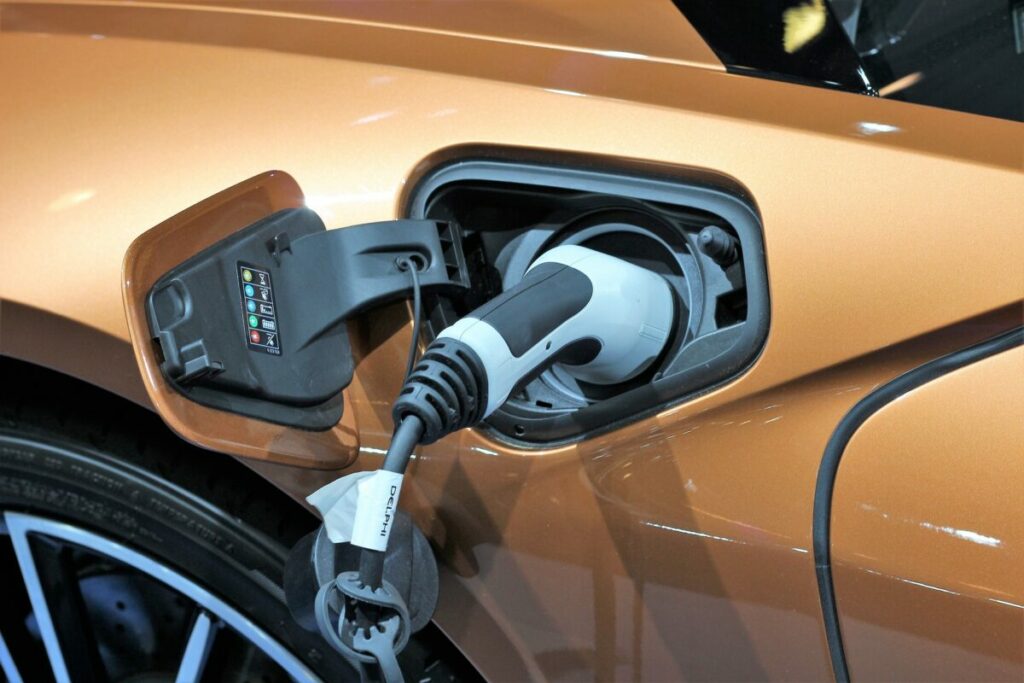Recent data has revealed electric vehicle (EV) registrations were over 70% higher last month than in August 2022, but concerns remain over lacking details on the Zero Emission Vehicle (ZEV) mandate.
According to New AutoMotive 16,200 EVs were registered in the UK in August representing a 77.1% increase versus August 2022. The Society of Motor Manufacturers and Traders (SMMT) released similarly positive increases for August, although registration figures differed slightly with the organisation reporting 17,243 registered battery electric vehicles (BEVs) representing a 72.3% increase.
According to SMMT, this means that BEVs, secured a market share of 20.1% (an August record and the highest share since December 2022). Plug-in hybrid vehicles (PHEVs) also rose significantly (70%) comprising 7.7% of new registrations in August, whilst hybrid cars (HEVs) increased by 6.8% resulting in a 10% market share.
This means that fully and partly EV registrations held a combined market share of 37.8%.
New AutoMotive noted that electric vans and battery powered lorries also experienced high registration numbers in August with 8.3% of new vans being battery powered (up from 7.8% last year) and electric heavy goods vehicle (HGV) registrations experiencing another record high at 51.
On the contrary, petrol and diesel car registrations fell to historic lows, with both vehicle types experiencing the smallest share of new cars in a 12 month period since 2003.
“It is great to see British motorists embracing clean cars in their thousands. Despite an unprecedented cost of living crisis and rising interest rates, demand for electric cars has remained surprisingly resilient,” said Ben Nelmes, chief executive at New AutoMotive.
“Motorists who go electric don’t look back: they tell us they love the cheaper running costs, smoother driving experience and guilt free travel.
“The government should build on this progress by putting in place a strong California-style Zero Emissions Vehicle Mandate to give car companies and EV charger installers certainty. It is almost two years since this policy was first announced; Ministers should stop dragging their feet and put it in law.”
EV uptake is continuing to accelerate in the UK; earlier this year, New AutoMotive revealed that EV sales increase by 60% year-on-year in April 2023.
Despite the promising EV uptake figures, Mike Hawes, SMMT’s chief executive, expressed concern of lacking information around the much anticipated ZEV mandate which is set to come into force on 1 January 2024, following increasing pressure for the government to delay the mandate.
“With the automotive industry beginning a second year of growth, recovery is underway with EVs energising the market. But with a new ZEV Mandate due to come into force in less than 120 days, manufacturers still await the details,” Hawes said.
“Businesses cannot plan on the basis of consultations, they need certainty. And now, more than ever, government must match action to ambition, ensuring there are the incentives and infrastructure in place to convince drivers to make the switch.”
Current± publisher Solar Media is hosting its EV World Congress event in London this 10-11 October. The conference will focus on some of the key discussion points from across the EV sector including delivering coherent EV charging strategies, whether the UK is on course for its 2030 charging target, vehicle-to-grid (V2G) technology and more. More information, including how to attend, can be read here.





